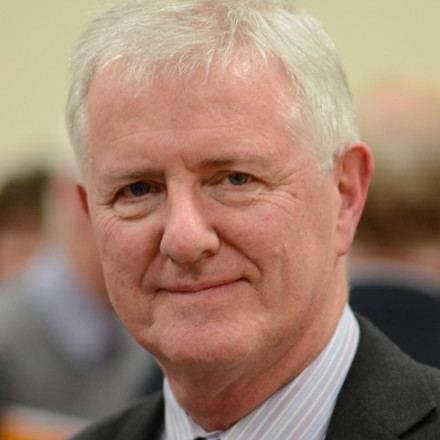Synodality and the Churches: the current process in the Catholic Church
THE CATHOLIC Church worldwide is formally ‘in Synod’ from 2021- 2024, the event’s final phase being the current Sixteenth Ordinary General Assembly of the Synod of Bishops in Rome (October 2023 and 2024.) Remarkably, over 20% of its 363 voting members are non- bishops, and 54 of these are women.
Already, in putting it this way, the distinction between synodality as process and as event emerges. And, if Pope Francis has his way, this process, with accompanying events, will be ongoing and not just limited to three years. He wants an ‘entirely synodal Church’, one that is ‘constitutively synodal’, and believes that this is what God wants of the Church in the third millennium.1
There was an Ecumenical Vigil to mark the start of last October’s Synod of Bishops, with Archbishop Justin Welby, among many others, in attendance. This was partly in recognition that the Catholic Church has much to learn from the Orthodox and many other non-Roman Catholic Christian Churches and communities which have held on to and practised synodality for so many years, in some cases centuries. And the last sixty years of sustained dialogue with other Christian communions have already helped the Catholic Church develop its own synodal process. The ecumenical vigil was also partly in recognition that a re-shaping of Catholicism along synodal lines can have profound consequences for the future of Christian unity and our mission to the world.
Given the historic importance of what is happening now in the Catholic Church, I want to explore its meaning with a view to helping Church of Ireland readers in particular consider questions around synodality that they may no longer ask because Synod is such a ‘given’ in their Church. Along the way this will mean that Roman Catholic readers too are led to question some of their own assumptions about the newly rediscovered process of synodality. I will start by describing what has been happening in the Catholic Church, then bring this into dialogue with Anglicanism, and finally will tease out some questions that are beginning to emerge.
* Full article available in printed copies.

Gerry O’Hanlon SJ
Jesuit priest and theologian, writing extensively on Church reform and the role of the Church in the public square, and a member of the Irish Synodal Pathway Steering Committee.